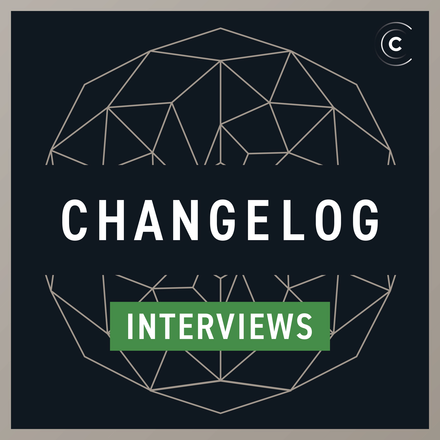Tauri’s next big move
This week we’re joined by Daniel Thompson, Co-founder and Core Member of Tauri. It’s been a year since we last had Daniel on the show. He catches us up on all things Tauri, their continued efforts towards Tauri 1.5 (which just released), the launch of CrabNebula and how they’re the people pushing the Tauri ecosystem forward and building on top of it, the state of Electron vs Tauri, and UI with Tauri. He even surprises us with his idea of creating a web browser.

